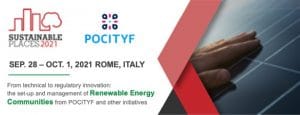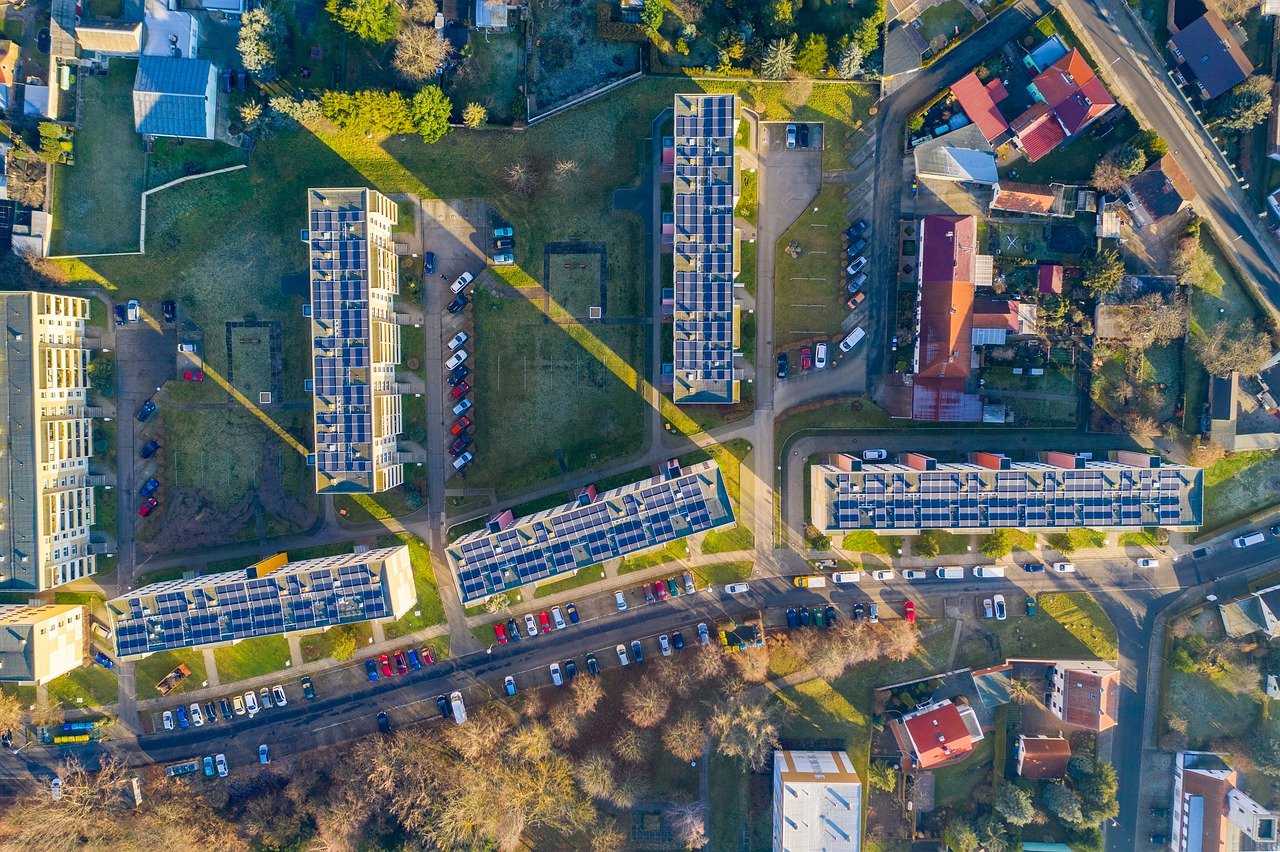From technical to regulatory innovation: the set-up and management of renewable energy communities
Renewable Energy Communities (RECs) is a concept that intends to revolutionise the decentralised energy generation through the set-up of local communities that collectively own renewable energy generation assets. In the near future, it is expected that RECs will enable citizens to have a more active role in the consumption and production of renewable energy, resulting in environmental, economic and social benefits for all the citizens involved. As of today, European Union (EU) countries are transposing the legislation that will promote the creation of these communities. Being a new topic that involves a myriad of actors (communities, utilities, municipalities, etc.), significant regulatory questions are arising, demanding a special attention from national regulators in what concerns the set-up of pilot projects.
The main goal of this workshop, part of the Sustainable Places conference, is to share the lessons learnt throughout the several interactions held between POCITYF partners and system operators and regulators in order to create RECs in a regulatory sandbox environment that enables the implementation of innovative features (e.g. dynamic sharing coefficients or P2P energy trading schemes). As a smart cities’ project whose major objective is to deliver a set of Positive Energy Blocks in a group of cities with relevant heritage sites, the topic of RECs is of upmost importance for POCITYF main stakeholders: the cities and their citizens, as they might find in RECs a way to own solar generation assets without the need to install conventional solutions in their rooftops (e.g. PV panels), prohibited by the regulation that protects the cities’ historical areas.

In terms of methodology, the 120-minute virtual session will be structured as follows:
- Presentation on POCITYF tools for monitoring and assessing the impact of project solutions, which will foster the development and operation of RECs [15’]
- Four 10-minutes long presentations from the promoters of recent or ongoing RECs innovative projects [40’]
- Presentation of the main findings of a European-level study focused on already operational Energy Communities [15’]
- Panel with Q&A from the audience and moderator [40’]
- Wrap-up [10’]
With this workshop, both the organizers and the already confirmed participants aim to create a group of entities that are technically capable or working towards the deployment of emergent RECs with innovative features, which would benefit from mutual learning. With that, generate discussion around best practices that were successfully implemented by regulators in other countries, trying to accelerate the spread of RECs. Moreover, POCITYF partners intend to establish a collaboration with other initiatives and projects tackling similar challenges. A paper summing up the best practices from different geographies and discussion that will follow will be prepared and shared with all involved projects’ communication and dissemination channels, presenting a blueprint for replication in what concerns innovative RECs.
The most innovative feature of this workshop is that it will gather different entities that worked or are working towards the same purpose – creation of RECS –, although going through different regulatory processes. The lessons learnt will be framed by an initial presentation on tools that could assist in the set-up and management of such communities and a concluding one that will provide an overview from other operational RECs, spread throughout Europe, achieved via interviews with experts. With H2020 POCITYF framing the discussion that will follow the presentations, the organizers aim to inspire and guide other entities (e.g. cities) towards the deployment of RECs, not only from a technical standpoint, but also from a regulatory one.
When Where Sustainable places (online)
